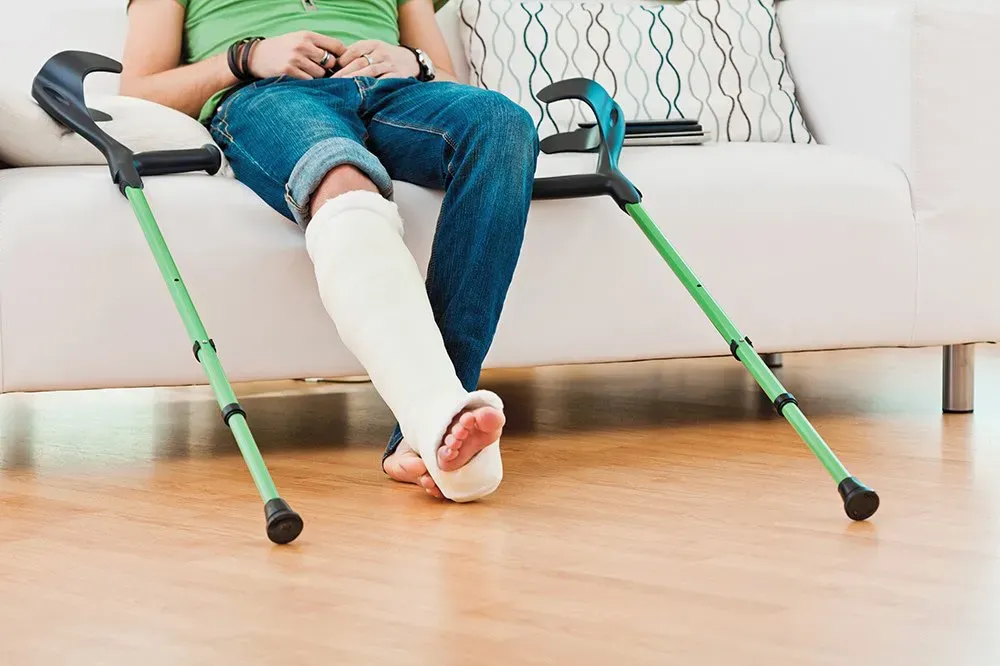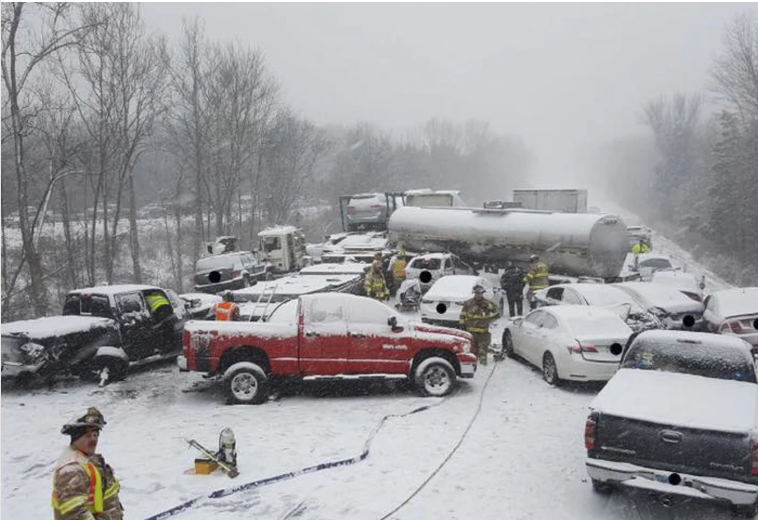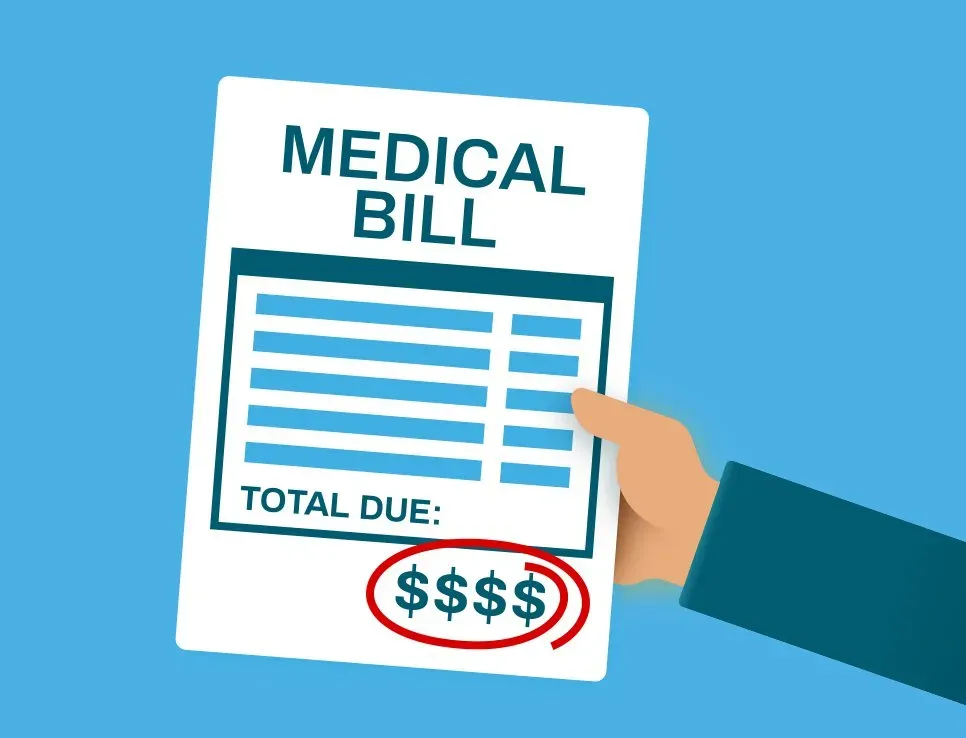PERSONAL INJURY - SETTLING EARLY
Hibu Websites • March 31, 2021
PERSONAL INJURY - SETTLING EARLY

09 May, 2018
Personal Injury: Settling Early
Q.
I was in an auto accident that resulted in treatment for neck injuries. The accident was the fault of the other driver. My doctors assured me that I had "recovered" and that the injury would "eventually go away". Because I felt financial responsibility to pay the doctors I settled my case at a level that I thought was fair. Now, one year later, I still have daily pain and my doctor has recommended neck surgery. The condition that was supposed to "go away" has gotten worse. Do I have any chance of getting the insurance company of the other driver to pay for the upcoming medical bills?
A.
Probably not. In almost every case an insurance company will insist on a future release before it pays even the most obvious of medical bills. Also these companies are generally sophisticated enough to draft a release that will be enforceable. So, look carefully at your release and determine if you specifically released known or unknown injuries that might arise in the future.
This question is a good example of what can happen if a case is settled too quickly. Sometimes the injured person lets mounting medical expenses influence them to settle the case before the damages are known. There are ways around this problem. For example, did you have medical bill coverage on your car? Do you have health insurance? Or, often an assurance from your attorney, that the bills will be paid out of any settlement, will satisfy the medical provider to be patient.
Doctors are often optimistic that a good recovery can be achieved and are usually eager to state that opinion even when the nature of the injury suggests otherwise. You should not let early medical optimism cause you to foolishly settle your case at an early stage.
Rather, you should only settle the case when you are fully satisfied that you are recovered. What’s the hurry? If your case is solid, and you are entitled to recovery, why make bad choices just because the responsible insurance company is refusing to pay the medical bills.
This situation should not be confused with workers' compensation cases. In certain circumstances, a worsening condition arising from a work injury can result in payment of further medical bills, or weekly benefits by the insurance company.

Personal Injury: Dealing with Insurance Company Surveillance in Des Moines, IA and Surrounding Areas
Learn why insurance companies use surveillance after an accident and how it can impact your case. Talk to trusted Des Moines injury attorneys at LLDDC Law—free consultation, no fee unless we win.








Share On: